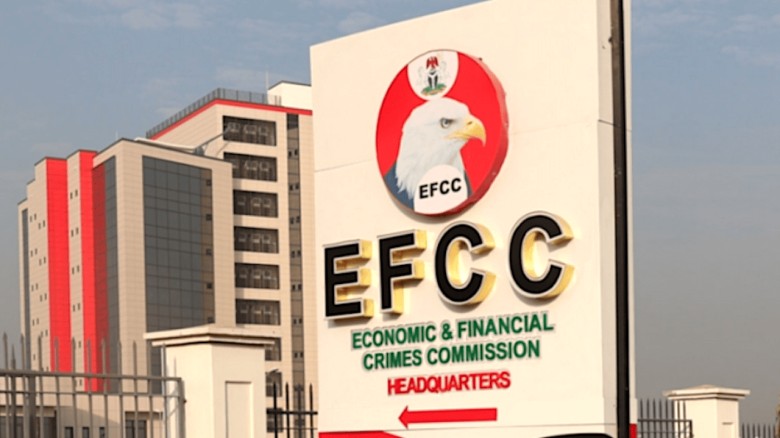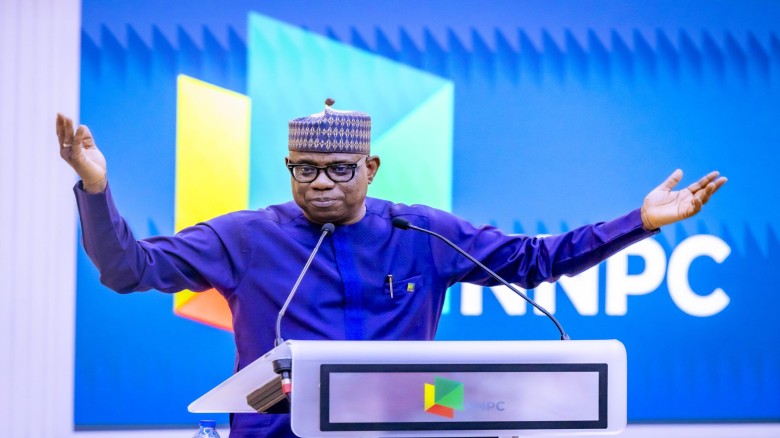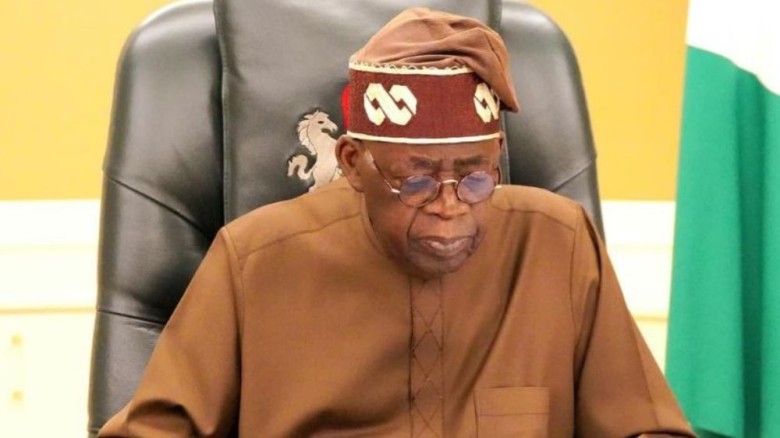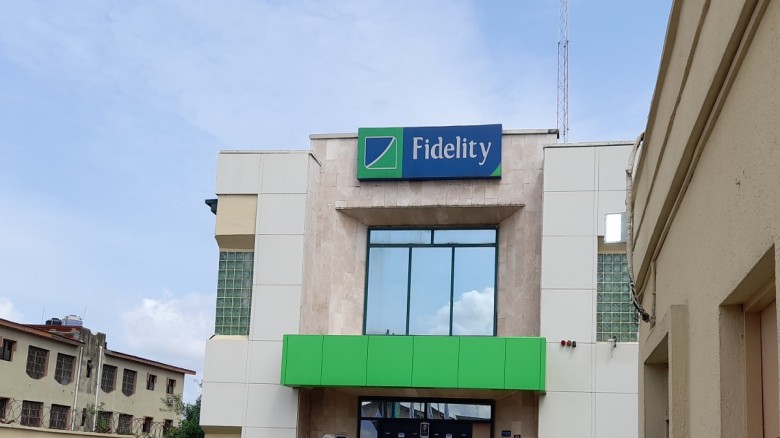Landowners sue FG over N15tn Lagos-Calabar highway
Despite ongoing court cases filed by opponents of the 700-kilometer Lagos-Calabar Coastal Highway, the Federal Government has insisted on proceeding with its construction.The Minister of Works, David Umahi, stated this at a press briefing in Abuja on Thursday, addressing serious concerns about the project's procurement process, which resulted in court proceedings by landowners.
He stated that the N15.36tn coastal highway, which will be built on concrete pavement, met all legal and procedural requirements before beginning construction.
The coastal highway has been the focus of public scrutiny and controversy since the government began construction in March 2024.
In May, Umahi revealed that 750 houses along the highway's path had been marked for demolition.
However, owners of affected property were dissatisfied with the government's compensation, claiming it did not reflect their investments.
According to them, the compensation is grossly inadequate, and the government should review the payment.
Olanrewaju Ojo, the founder of Leisure Games, told The PUNCH that the N1.3 million compensation was based on what he could generate in a week.
He exclaimed, "This is ridiculous!" What should I do with this? "I'll make this in a week."
Stakeholders and experts also criticised the road procurement process, claiming that the contract awarded to the construction company was done in secret and circumvented the proper procurement process.
The project, which connects Lagos to Cross River, passes through the coastal states of Ogun, Ondo, Delta, Edo Bayelsa, Rivers, and Akwa Ibom before arriving in Cross River. It is critical for improving connectivity and increasing economic activity along Nigeria's coastal region.
The road is expected to cost N4 billion per kilometre, with the government awarding contracts for two sections of less than 100 kilometres for a total of N2.46 trillion.
Umahi also stated that the legacy project would be completed in eight years.
However, this timeline may not be achievable because the minister stated that the delay would have an impact on overall project delivery and increase costs.
During a press conference to commemorate his first anniversary in office, Umahi reaffirmed the Federal Government's commitment to completing the project, claiming that all legal and procedural requirements were met.
"We're providing compensation. We're following the corridor's right-of-way. We are following the corridor that is legally permitted by the Federal Government," he said, dismissing claims that the project lacked proper authorisation.
"That is the beauty of democracy, and under the guise of democracy, we have some fraudulent individuals who want to reap what they did not sow. We have more than six court cases to handle, but we are up to the task.
"All they want to do is socket their pipes. "We are providing compensation."
Umahi expressed his confusion about the lawsuits, saying, "And so, we don't know what they are taking to court."
He also stated that the project's procurement process was above board, having been approved by the Federal Executive Council under the Restrictive Procurement Act.
"My Permanent Secretary is a procurement expert, and I have a very good Department of Public Procurement and good directors, but the project was approved by the Federal Executive Council under restrictive procurement," he told me.
Umahi also defended the project's cost, citing comparisons with other international projects.
"I had to estimate the project's cost at N4 billion per kilometre. And yet, people continue to say, "Oh, the number of lanes in Egypt is N1.8 billion." And it's 300 kilometres," he said, criticising those who questioned the project without sufficient knowledge.
The minister confirmed that all environmental and social impact assessments had been completed, and that the project was included in the 2023 supplemental appropriation.
"We have ESIA certificates for the project. That is number one. Number two, was the project included on the appropriation list? The project is part of the 2023 supplemental appropriation. The project is ongoing. However, the more you take us to court, the higher the price of work," he stated.
Addressing those attempting to stymie the project through legal means, the former Governor of Ebonyi State said, "If they want to unfairly benefit from the project by going to court, they are wasting their time. As my state's governor, I fought many battles. So, my name is David, and I am not afraid of bad people.
Umahi stated that no new projects would be included in the 2025 budget unless directed by President Bola Tinubu, and that the government would instead prioritise completing existing projects and intervening in critical areas such as roads and infrastructure.
"We need to fix the weak links right away." If the road is bad, we need to fix it right away," Umahi emphasised.
The minister also highlighted initiatives to ensure value for money in government projects, such as the removal of the Consumer Price Index from all contracts and the implementation of inflow pricing.
"We are committed to giving the government value for money spent on the projects," she said.
Umahi also discussed the ministry's new four-way project provision, which requires four field staff to be on-site to monitor project progress.
This will be supplemented by mission planning, in which stakeholders such as communities, road users, and other actors will be asked to monitor work and report any poor quality. "Engaging communities where the projects traverse is crucial," Umahi told me.
He also acknowledged funding challenges, saying, "We have challenges," and pointing out that the ministry's N52 billion capital project budget was insufficient to maintain the 36,000-kilometer federal road network.
Despite these obstacles, Umahi expressed optimism by launching the second phase of the highway development initiative through a Public-Private Partnership scheme.
"The introduction of the new road infrastructure forecast provides a sustainable source of finance for road projects," Umahi said, noting that the government had created a conducive environment for tolling Nigerian roads with Infrastructure Concession Regulatory Commission approval.
























Leave A Comment